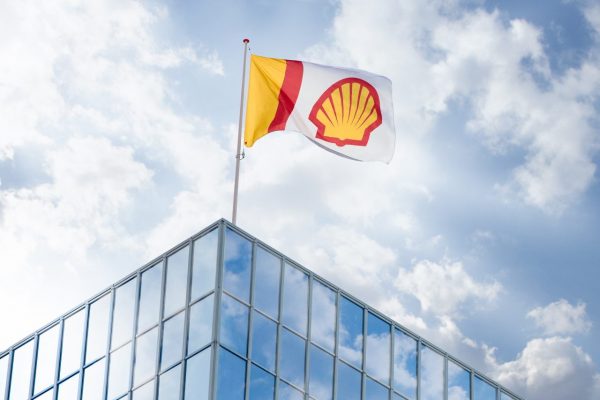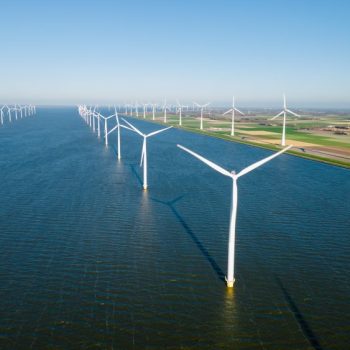
Royal Dutch Shell has reported a better than expected profit of $3.2bn (£2.3bn) for the first quarter of this year, eight times more than the final quarter of 2020, as global demand for fossil fuels returns.
The Anglo-Dutch company said rising oil and gas market prices helped its quarterly adjusted earnings rise sharply from $393m at the end of last year, and climb well above its $2.9bn profit for the first quarter last year.
The result was better than equity analysts and investors had expected after Shell warned that the winter storm that battered Texas earlier this year would take a $200m toll on the company after impacting its refinery operations.
The result draws a line under one of Shell’s most challenging years in its history, in which the company reported record losses and was forced to cut its FTSE-leading dividend for the first time since the second world war in response to the Covid-19 crisis.
The sudden slump in demand for transport fuels due to the pandemic last year caused oil market prices to fall to 21-year lows and below $20 a barrel, but a gradual reopening of the world’s largest economies has helped oil prices recover to over $67 a barrel.
Ben van Beurden, the chief executive of Shell, said the company “made a strong start to 2021”, by generating more than $8bn of cash in the quarter and cutting its debt by $4bn, with Shell now “ideally positioned to benefit” from the world’s recovering demand for fossil fuel.
Shell’s total oil and gas production increased by 3% in the last quarter compared with the last months of 2020, mainly due to the restart of production at the Prelude floating gas project in Australia. Oil and gas production was 1% higher in the last quarter compared with the same time last year.
Shell claims its oil production reached a peak in 2019, and will continue to fall by 1-2% a year to help meet its climate targets. But the company will also expand its capacity to export 33.3m tonnes of liquefied natural gas (LNG) annually by another 7m tonnes a year by the middle of the decade despite warnings that carbon emissions should be urgently reduced in the 2020s.
You could find more about this article on the website theguardian.com HERE – Author: Jillian Ambrose
You could read more about Blue Green World Here, about Publishing World News Here, about You read, we publish Here













